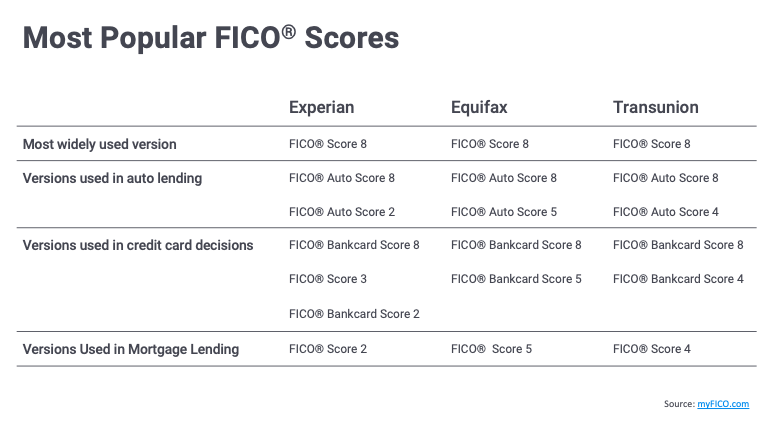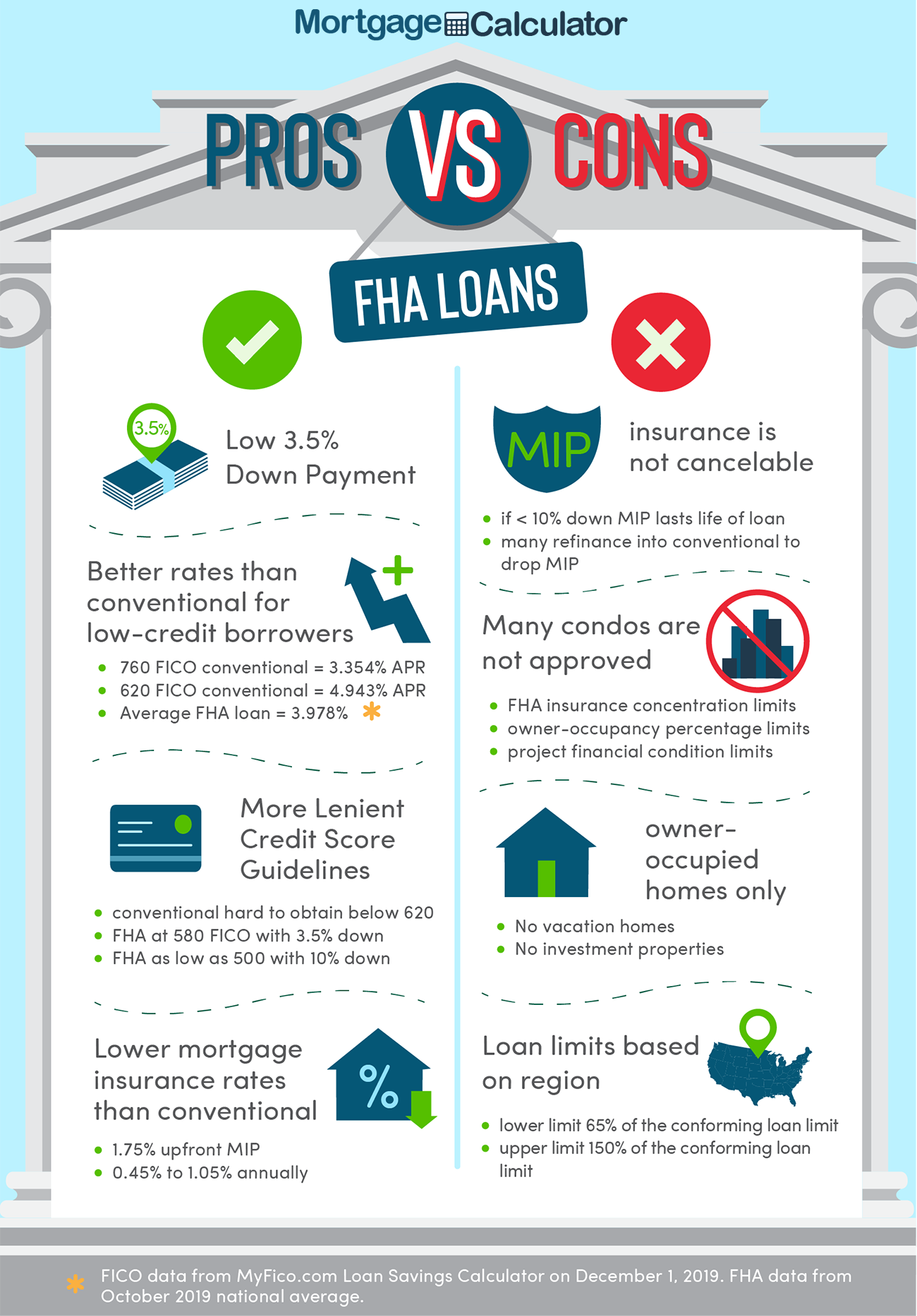If there is no equity in the home, then I would presume she would allow them to take the house if you or any other beneficiaries do not wish to keep the house at a benefit of. They would organize to take the house either by Deed in Lieu or through foreclosure but Deed in Lieu is far better for the loan provider as well.
We have actually seen borrowers who borrowed more in 2005 2007 than their houses are still worth today. That does not make the loan a bad loan those customers received more money than their home is presently worth and were permitted to live in their houses for 7 9 years without needing to make a single payment and now that the loan is higher than the current value of the house, https://canvas.instructure.com/eportfolios/132091/franciscobuuj207/The_Mortgages_How_Do_They_Work_Diaries they are not needed to pay one cent over the present worth towards the reward of the loan.
Numerous of them paid interest on loans that were well above the present worth of the homes when the worths dropped and some paid until they might not pay any longer and after that they had no home to live in anymore and no money to start over. Your mommy was guaranteed a home to reside in for as long as she wanted/could and didn't need to pay any month-to-month payments for the entire time she lived there (simply her taxes and insurance) (find out how many mortgages are on a property).
Your mama has actually made no payments on her loan for the last 9 years. Please forgive me; I am not insensitive to your mommy's situation (what lenders give mortgages after bankruptcy). It simply was not the reverse home mortgage's fault that the whole economy fell apart and that residential or commercial property worths plummeted. I think I just take a look at it a various way, thank goodness mama had a reverse home mortgage and not a forward home loan that might have needed her to lose the home previously without the securities that she has actually had.
She can vacate at her leisure (another benefit of the reverse mortgage) and then as soon as she is out and you have actually moved all of her valuables if none of the other member of the family want the house, just call the servicer and tell them she is out. They will transfer to take the residential or commercial property back and you will not even need the help of a lawyer. how to reverse mortgages work if your house burns.
What Is Minimum Ltv For Hecm Mortgages? Things To Know Before You Get This
A "non-borrower" is a person who lives in the house but whose name is not on the loan documents. Normally, the non-borrower must move when the customer dies unless HUD guidelines certify them to remain. A "co-borrower" is an individual whose name is on the loan files Additional info in addition to the homeowner (candidate).
The sharp slump in the property market has actually affected countless Americans, and seniors are one of the groups most impacted. This is particularly real of elders who have so-called "reverse home mortgages." This kind of home loan can possibly be a great way for individuals over the age of 62 to get cash out of their homes.
Reverse home loans are not new. But older property owners are progressively turning to them to enhance their circumstances later in life, particularly throughout a down economy. These kinds of home loans, likewise called Home Equity Conversion Mortgages (HECMs), enable individuals to withdraw a few of their house's equity and get it as a swelling sum, in regular monthly payments, as a credit line or a combination of these choices.
House owners qualified for reverse home loans must be at least 62 years of ages and need to own the residential or commercial property or have a minimal exceptional mortgage. The property must be their primary home and homeowners need to be totally free of any defaults on federal financial obligations. Property owners need to likewise go to an informative session about reverse home mortgages before filing any HECM loan applications.
Due to the fact that of a rash of lending institution foreclosures on mainly senior property owners holding reverse home mortgages, the AARP Structure took legal action against the Department of Real Estate and Urban Advancement (HUD), challenging a rule that had the result of adding to foreclosures. The rule required a successor to pay the complete home loan balance to remain in the home after the borrower's death, even if the quantity was more than the marketplace value of the property.
The Only Guide for How Do Balloon Fixed Rate Mortgages Work?
Reverse home mortgages can be costly and complicated for elderly house owners, as they stand out from conventional home loans. Also, a reverse mortgage can in some cases diminish all of the equity in the houses if the property owners extend the reverse home mortgage over too long of a period. This frequently develops where the house owner takes a reverse home mortgage on an assumption of life expectancy, however survives well past the anticipated mortality date.

This has actually been especially true for freshly widowed house owners, and some successors of debtors, since of loan provider compliance with an unknown HUD rule that was set up in 2008. Prior to the rule modification in 2008, HUD had actually followed a policy that debtors and their successors would not owe more than a house's value at the time of repayment.
The 2008 guideline specified that enduring partners, in order to keep their homes, needed to settle the reverse home loan balance shortly after the deaths of their spouses. This held true no matter whether or not the enduring partner's name was on the loan, and despite the home's then-current value.
That circumstance, and the associated HUD rule, is what triggered AARP to sue HUD. AARP formally challenged HUD's action in altering this rule, arguing that it was done arbitrarily by letter, instead of through the needed administrative procedure. The fit further declared that HUD's guideline modification broke securities formerly allowed for widowed spouses to prevent foreclosure.
AARP hoped this would avoid additional illegal foreclosures from reverse mortgages due at the time of a debtor's death. In April 2011, HUD rescinded the 2008 rule that required making it through partners not named on the home's title to pay the full loan amount to keep their houses. The implications of this change are not yet fully clear.
What Does What Act Loaned Money To Refinance Mortgages Do?
But it is very important to talk with an experienced real estate attorney to understand where you stand. Reverse mortgages ought to give older homeowners more monetary liberty, but when they fail this function, they can regrettably leave senior individuals both homeless and helpless. Elderly Twin Cities homeowners considering participating in a reverse mortgage arrangement need to seek advice from experienced Minnesota property lawyers like Burns & Hansen, P.A. what kind of mortgages do i need to buy rental properties?.

In addition, if you currently have a reverse home loan on your home, you must discuss your situation with a lawyer experienced in these types of mortgages to make sure you and your partner are secured if one you dies or if your house loses equity due to the fact that of the downturn of the realty market.
A reverse home mortgage is a way for house owners ages 62 and Click for more info older to leverage the equity in their house. With a reverse home loan, a homeowner who owns their house outright or at least has considerable equity to draw from can withdraw a portion of their equity without having to repay it till they leave the home.